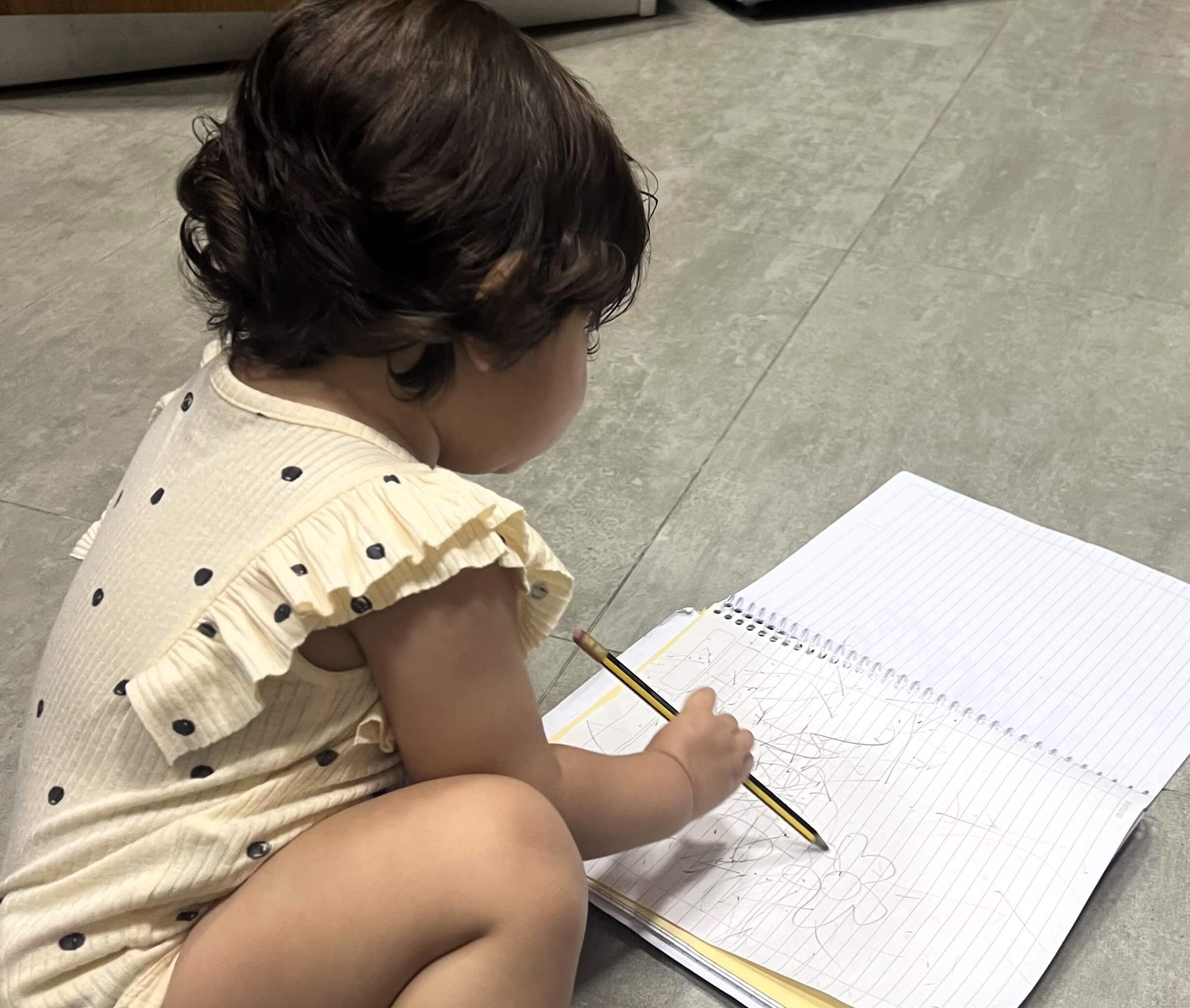When Moving Forward Feels Complicated
Surviving something that others didn’t — whether a traumatic event, accident, loss, or crisis — can leave you with more than just relief. You might carry guilt, heaviness, or a sense of emotional responsibility that no one else sees. These feelings, often referred to as survivor’s guilt, can linger long after the danger has passed.
At MapleTree Psychotherapy Center in Dubai, we support individuals navigating the quiet, complex emotional aftermath of trauma. Whether you directly experienced a traumatic event or were close to someone who did, therapy can help you process your experience, reduce internal conflict, and reconnect with your sense of purpose and peace.

What We Explore in Therapy
Survivor’s guilt can surface in many ways. You may feel like you’re not “allowed” to move on, enjoy life, or stop grieving. You might carry intrusive thoughts, emotional numbness, or a deep sense of responsibility for what happened — or didn’t happen.
In therapy, you might work through:
- Guilt for having survived when others did not
- A sense of emotional or moral failure, even if there was nothing more you could do
- Distress around decisions made under pressure
- Intrusive memories, emotional flashbacks, or physical symptoms related to the event
- Difficulty reconnecting with joy, trust, or safety in your day-to-day life
- Fear that healing means forgetting or betraying those you’ve lost
These are not irrational feelings. They’re common human responses to overwhelming events — and they deserve a space to be held and understood.
Our Therapeutic Approach
Post-trauma recovery requires more than just coping tools. It’s about creating a space where all parts of your experience can be acknowledged, without minimizing or rushing your process.
Your therapist may integrate:
- Psychodynamic therapy, to explore deeper emotional conflicts and unconscious grief responses
- Attachment-based approaches, especially if the trauma involved loss, betrayal, or relational rupture
- Emotionally focused therapy, to help restore internal balance and compassion
- Narrative therapy, to reshape personal meaning and honor what you’ve been through
- Grounding strategies, to manage emotional overwhelm or reactivity as it arises
We do not force exposure or retraumatization. Healing can begin with a single conversation — at your pace, in your way.
Who We Support
We work with individuals experiencing survivor’s guilt or post-traumatic emotional distress following:
- Accidents, natural disasters, or life-threatening events
- Loss of a loved one or colleague during a crisis
- Collective trauma (war, pandemics, conflict zones)
- Workplace trauma, particularly for healthcare professionals or emergency responders
- Long-term emotional impact from witnessing harm or being unable to intervene
We understand that in Dubai’s fast-paced and diverse setting, many people carry these feelings silently. Sessions are available in English, Arabic, French, Hindi, Urdu, Farsi, and Finnish.
Start Where You Are
You don’t need to make sense of everything all at once. If you’re feeling stuck in guilt, grief, or emotional exhaustion after trauma, we’re here to support your recovery — without judgment, and without a timeline.
Meet our team, find a therapist, or contact us to begin.













